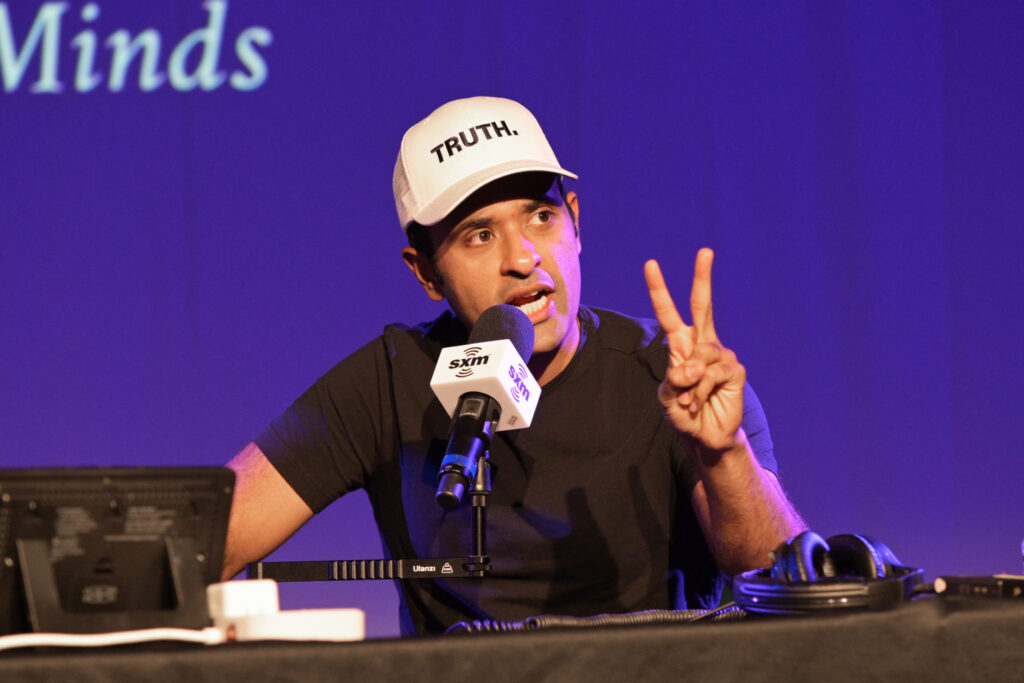Republican presidential candidate Vivek Ramaswamy vowed Monday to repeal the Espionage Act if he assumes the Oval Office, saying he would urge Congress to act and tell the Department of Justice (DOJ) to pause enforcement.
Former President Donald Trump was charged June 9 with 31 counts of alleged violation of the Espionage Act, or the willful retention of national security information, as a part of his charges relating to his alleged mishandling of classified documents. Ramaswamy has previously pledged to pardon Trump and has urged the other presidential candidates to do so. (RELATED: Ramaswamy Demands 2024 Rivals Either Pledge To Pardon Trump Or Explain Why They Won’t)
“The Espionage Act is one of the most un-American laws Congress has ever enacted. If elected, I will ask Congress to repeal it and will instruct the U.S. Department of Justice to stop enforcing it in the meantime. Enacted by the Godfather of the Administrative State himself, Woodrow Wilson, the Act was passed to quash antiwar political dissent during World War I. It criminalized not only spying for enemies, but also any attempt to encourage ‘disloyalty’ among military ranks. Prosecutors enforced the act aggressively, using it to imprison hundreds of antiwar activists and political dissenters,” Ramaswamy began.
“There are almost surely hundreds of violations of the Espionage Act every day, but politically disfavored opponents are the ones who are ultimately targeted. Wikileaks founder Julian Assange was indicted under this law, but the Washington press corps reports leaked information with impunity,” the conservative entrepreneur added. “Of course, the U.S. must prosecute spies and protect national secrets, but the Espionage Act isn’t necessary to do so. More than a dozen more-specific federal statutes criminalize spying, hacking and misuse of government records.”
PHILADELPHIA, PENNSYLVANIA – JUNE 20: Vivek Ramaswamy speaks during a SiriusXM Town Hall Meeting at The Centre Theater on June 20, 2023 in Philadelphia, Pennsylvania. (Lisa Lake/Getty Images for SiriusXM)
Ramaswamy mentioned Trump’s argument that he had the sole authority to decide what documents he could take with him when he departed the White House to Mar-a-Lago.
“The Espionage Act nullifies, or at least confounds, subsequently enacted laws that apply to specific types of government documents. The Presidential Records Act of 1978 gives the president the sole authority to decide what records to take with him when he leaves office. The indictment of Mr. Trump, which doesn’t even mention the Presidential Records Act, suggests the Espionage Act is again a weapon against dissent, as it was in 1917. It’s time to end this century-old policy mistake. If I am elected, I will do it,” Ramaswamy concluded.


